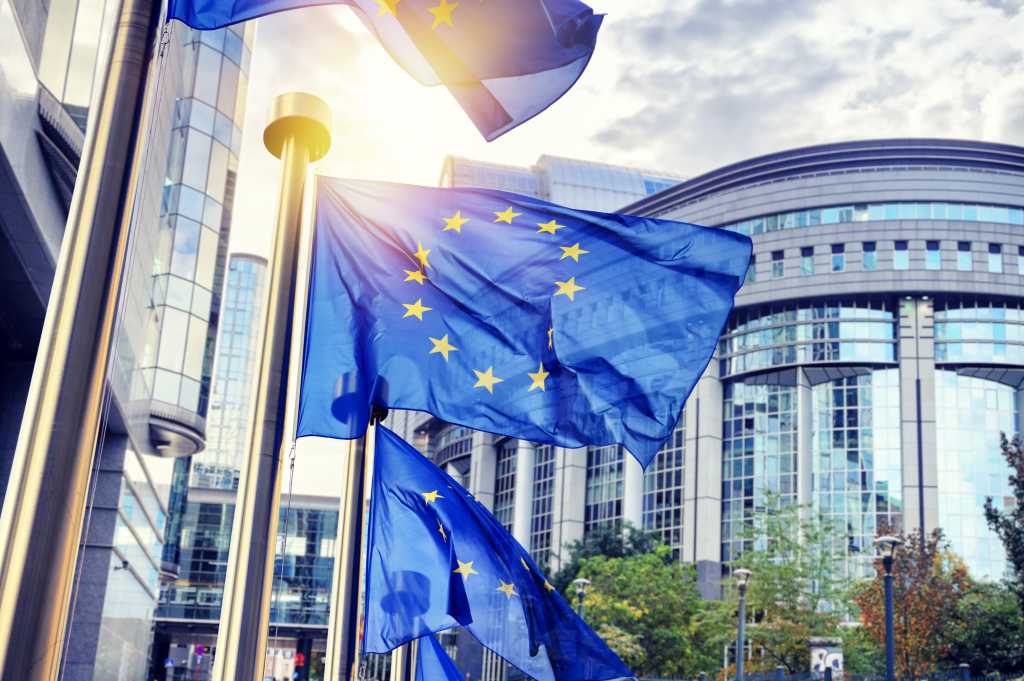With potential fines exceeding $3.7 billion, SAP’s move comes amid parallel lawsuits in the US and Germany, and growing scrutiny of its dominant position in mission-critical enterprise software markets.

SAP has reportedly submitted concessions to the European Commission, aimed at resolving antitrust concerns related to its ERP software business practices.
The move represents a preemptive effort by the German technology giant to avoid a formal investigation that could result in fines of up to 10% of its annual global revenue.
The concessions address longstanding complaints from businesses about SAP’s complex licensing terms, bundling practices that drive up costs, and barriers that make it difficult for customers to switch to competing vendors, reported Reuters.
The report further added that SAP has made a formal proposal to address regulatory concerns but declined to provide specific details about the concessions.
Industry complaints sparked EU scrutiny
The European Commission’s scrutiny stems from specific complaints filed by enterprise customers and industry groups. Most notably, in October 2018, the German IT Users Association (VOICE) — whose 400 members include major corporations such as Siemens, Adidas, and Volkswagen — filed a formal antitrust complaint with Germany’s Federal Cartel Office (Bundeskartellamt) against SAP’s licensing policies.
The VOICE complaint specifically targeted SAP’s “indirect use” licensing model, which requires customers to pay additional fees when third-party applications access SAP data.
The association argued that these licensing terms violate the EU Software Directive 2009/24/EC, which protects free interoperability between devices and computer programs, and constitute an abuse of SAP’s dominant market position.
This wasn’t an isolated complaint. Earlier, in 2010, Texas-based software company Versata filed an antitrust complaint with the European Commission, alleging that SAP illegally excluded it from selling to major companies by refusing to share interoperability information and bundling competing software with its ERP products.
Versata accused SAP of cloning its “pricier” software and combining it with SAP’s dominant ERP offering to force customers away from third-party alternatives.
European Commission’s multi-year investigation
Building on these complaints, the European Commission launched its own systematic examination of ERP market practices.
The report added that the Commission had sent a questionnaire to various companies in 2022 and sought detailed answers about ERP aftermarket support services. The inquiry examined the practices of both SAP and Oracle, the two major players in the enterprise software market.
The questionnaire specifically probed whether companies were free to continue support service contracts with original vendors or switch to rivals, whether customers could freely select and customize support services, and what barriers they faced in migrating from on-premises services to cloud solutions. Regulators also examined whether SAP and Oracle disparaged competitors in their business practices.
Both SAP and the European Commission declined to comment on this matter.
Why SAP’s market position matters
The stakes are particularly high given SAP’s commanding position in the global ERP market. This dominance has made the company a natural target for regulatory scrutiny as businesses increasingly rely on these mission-critical systems to run their operations.
However, the competitive landscape has shifted significantly in recent years.
Oracle surpassed SAP as the number one ERP applications vendor for the first time in 2024, according to research firm Apps Run the World. Oracle achieved $8.7 billion in ERP revenue versus SAP’s $8.6 billion, ending SAP’s dominance that lasted over four decades.
Substantial financial stakes
The potential financial implications are substantial for SAP, which reported overall revenue of $37 billion (€34.18 billion) in 2024, marking a 10% increase compared to the previous year. EU competition authorities can impose penalties of up to 10% of a company’s worldwide annual turnover for antitrust violations, which could translate to over $3.7 billion (€3.4 billion) in potential fines for SAP based on its current revenue, the report added.
This threat comes at a particularly sensitive time for SAP, as the company’s cloud revenue surged 25% to $18.6 billion (€17.14 billion) in 2024, with Cloud ERP Suite revenue growing 33% to $15.3 billion (€14.17 billion). Maintaining competitive positioning in this rapidly growing market segment is crucial to SAP’s strategic transformation.
Parallel legal challenges
The German company is simultaneously facing legal challenges in multiple jurisdictions. In June, SAP asked the US Supreme Court to review a decision requiring it to face a lawsuit by data technology company Teradata, which accused SAP of violating antitrust law.
Additionally, SAP is defending against an antitrust lawsuit filed by German process mining company Celonis in a San Francisco federal court, though a judge recently dismissed several of Celonis’s claims while allowing the case to proceed to trial on other allegations.








